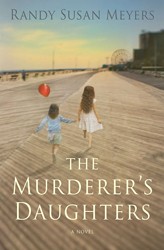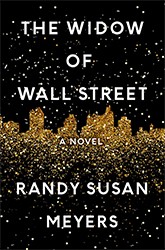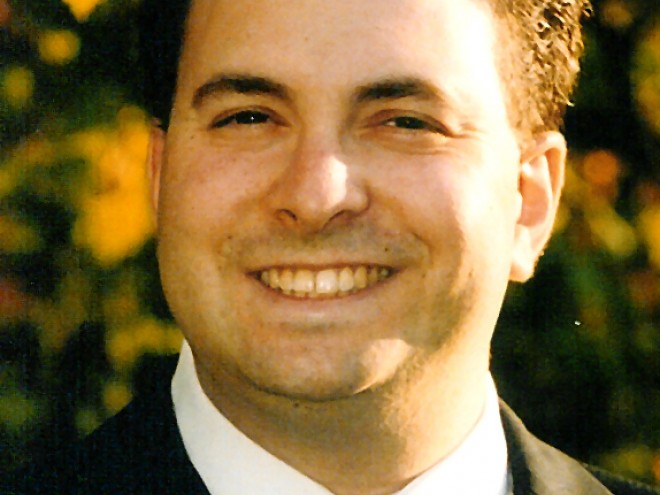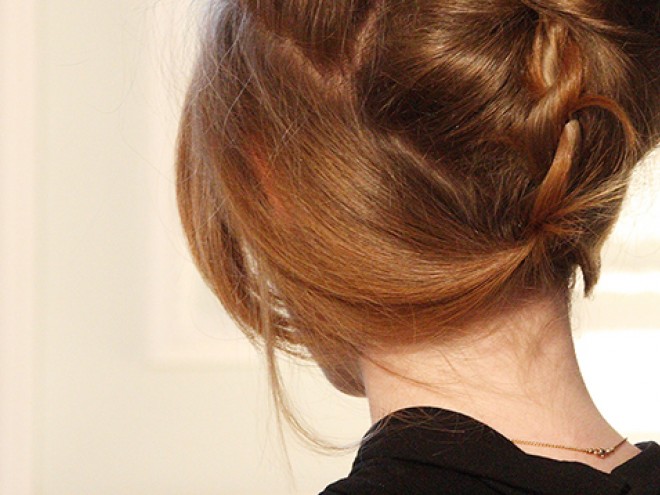
Randy Susan Meyers’s fourth novel, The Widow of Wall Street, came out over Passover last week! With the release of her new book, Randy is guest blogging for the Jewish Book Council all week as part of the Visiting Scribe series here on The ProsenPeople.
The acknowledgements for my first novel, The Murderer’s Daughters, begin with these words: Before offering thanks to those who helped with this book, let me say this: I wish this story were science fiction instead of realism. For ten years, I worked with men who destroyed their families — men who weren’t monsters, but who did monstrous deeds. This book is for their children, the ones who suffer unnoticed, and for all the amazing men and women who dedicate their lives to helping these children. You may never know whose life you saved. Thank you, Federation of Jewish Philanthropies, Doris Bedell, and Camp Mikan.
The novel was about sisters witnessing their father murder their mother. What I didn’t add in my acknowledgments was how years earlier, my father tried to kill my mother.
Challenging childhoods take many forms. Usually it’s an amalgam of hardships — from emotion, physical, and fiscal problems to abuse to loneliness. Smacks and screams thankfully have a time limit, but neglect is the evil gift that never stops.
Even benign neglect — like being a latchkey kid — can foster loneliness.
When trouble fills a family, kids are pushed to the background. I lived in a land of my own imagining, where I believed my real parents, President Kennedy and the First Lady, had left me to fend for myself, testing a ‘cream will rise to the top’ theory. Meanwhile, my beleaguered sister, Jill, was trying her sullen best to cook us supper by nine years old.
If it hadn’t been for the Federation of Jewish Philanthropies, I doubt my sister and I could have ended up strong at the broken places. Our mom was a struggling single mother who did her very best. Our dad suffered in ways we’ll never understand, papering his sadness with drugs and dying at 36.
But we had the summer. Through the magical generosity of the Federation of Jewish Philanthropies, we spent our summers at Camp Mikan, our paradise. We entered a bus somewhere in Manhattan’s Lower East Side and came out of the bus blinking in the sunlight and breathing the sweet green air of Harriman State Park. Sunshine! Swimming! Friends!
Visibility!
In memory, it was a Wizard of Oz transition from a black-and-white life in Brooklyn to the technicolor of Camp Mikan. At camp, we went from unnoticed to the coolness of being all summer campers. My sister became a big shot, a member of an envied clique, moving up the ranks of camp hierarchy until eventually she was head of the waterfront (only the coolest job in the world). I became part of a pack of safely rebellious friends who kept me going through the lonely winters.
We got to be kids.
I starred in Guys and Dolls. Jill gathered swimming groupies. We hiked. Canoed. Short-sheeted counselors. The head counselors, Frenchy and Danny, a married couple, taught me I could be lovable, and through loving them I learned early on that interracial marriage was a non-issue; Luke Bragg taught me to get up on stage, and from being with him I learned through osmosis that gay or straight made no difference.
We got to be kids.
Women ran Camp Mikan. They taught me and Jill that women were strong and loving and firm and trustworthy. They taught us that is was possible to be protected in this world. The camp was racially, culturally and ethnically mixed. We learned to be friends across all borders.
Back home, we were once again invisible and quiet children cleaning the house, uncomplaining and obedient, waiting for the year to pass so we could again have a childhood. Summer came and once more we could swim, sing, mold clay, hit a ball, learn folkdance (I still dance the misirlou in my mind), and unclench from being coiled watchers.
Doris Bedell, the camp director, shaped our lives more than she’d ever imagine. She loved us, she scolded us, and she made us feel seen. She probably helped my sister become the best teacher in Brooklyn. Her memory stayed with me when I ran a camp and community center in Boston.
Summer can save a kid. One person can offer a child enough hope to hang on. Think about this as we get ready to slide into school vacation.
One adult can change a child’s world.
Remember this.
Think of who you can touch.
Thank you, Federation of Jewish Philanthropies. Thank you for my childhood.
Randy Susan Meyers is the bestselling author of Accidents of Marriage, The Comfort of Lies, The Murderer’s Daughters, and The Widow of Wall Street. Her books have twice been finalists for the Mass Book Award and named “Must Read Books” by the Massachusetts Center for the Book. She teaches writing at the Grub Street Writers’ Center in Boston.



